Technology company Google (owned by Alphabet) and artificial intelligence technology company OpenAI have just announced that their artificial intelligence (AI) models have achieved the equivalent of a Gold Medal at the International Mathematical Olympiad (IMO), a prestigious competition for high school students.
This is the first time an AI system has surpassed the Gold Medal threshold, marking a breakthrough in mathematical prowess in the race to build powerful systems that can rival human intelligence.
Both companies' models solved five out of six problems, achieving this by using general-purpose "inference" models that process mathematical concepts in natural language, a departure from previous specialized approaches from AI companies.
The achievement shows that AI is less than a year away from being used by mathematicians to solve unsolved research problems in frontier fields, according to Junehyuk Jung, a professor of mathematics at Brown University and a visiting scholar at Google-owned AI company DeepMind.
Junehyuk Jung, who won the IMO Gold Medal in 2003, shared that the moment when humans can solve difficult reasoning problems using natural language will open up the potential for collaboration between AI and mathematicians.
OpenAI's breakthrough was made with a new testing model that focuses on scaling "computation at the time of testing."
This is done by allowing the model to think for longer periods of time and deploying parallel computing power to run multiple inference threads at once, according to Noam Brown, a researcher at OpenAI. Brown declined to disclose the cost of the computing power, but called it a “very expensive” process.
For OpenAI researchers, this is a clear sign that AI models can possess deep reasoning capabilities and can be extended to areas other than mathematics.
This optimism is also shared by Google researchers, who believe that the power of AI models can be applied to difficult research problems in other fields such as physics.
At the 66th IMO held in Queensland, Australia, out of 630 participating students, 67 candidates (about 11%) achieved Gold Medals.
In 2024, Google’s DeepMind unit scored a Silver Medal using AI systems specialized for mathematics. This year, Google used a general-purpose model called Gemini Deep Think, a version of which was introduced at its annual developer conference in May 2025.
Unlike previous efforts that relied on formal languages and lengthy computations, Google's method this year worked entirely in natural language and solved the problems within the competition's official 4.5-hour time limit.
OpenAI also built a similar prototype for the competition. OpenAI researcher Alexander Wei noted on social network X that the company has no plans to release any products with this level of mathematical prowess in the next few months.
This year is also the first time that IMO has officially collaborated with a number of AI developers. The IMO jury certified the results of companies, including Google, and allowed the collaborating companies to publish the results later./.
Source: https://www.vietnamplus.vn/cac-mo-hinh-ai-cua-google-va-openai-chien-thang-trong-cuoc-thi-toan-the-gioi-post1051014.vnp



![[Photo] Launching Ceremony of the Specialized Electronic Information Page of the Communist Party of Vietnam - 14th Congress](https://vphoto.vietnam.vn/thumb/1200x675/vietnam/resource/IMAGE/2025/9/12/4c1b894be2ea4e3daccfd8c038b6fb46)
![[Photo] Thac Ba Lake: Towards an international-class tourism, resort and cultural center by 2040](https://vphoto.vietnam.vn/thumb/1200x675/vietnam/resource/IMAGE/2025/9/13/0b11d0413f6543bca27a358281f62e5e)



![[Photo] General Secretary To Lam attends the launching ceremony of the website of the Communist Party of Vietnam - 14th National Congress](https://vphoto.vietnam.vn/thumb/1200x675/vietnam/resource/IMAGE/2025/9/12/0d4fce7dbce2409cb3c03c21fdf3c3b5)






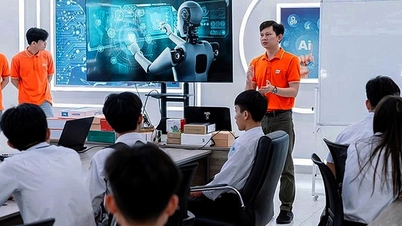

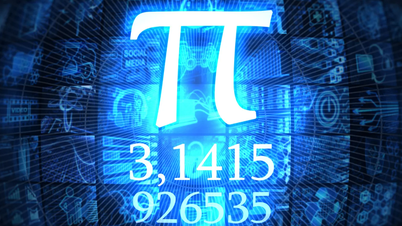






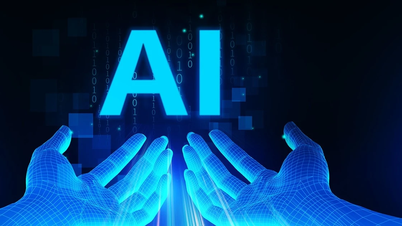
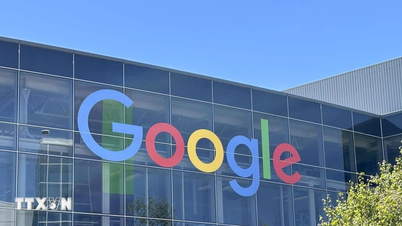


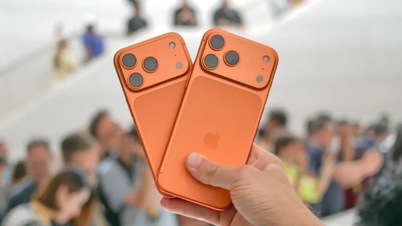








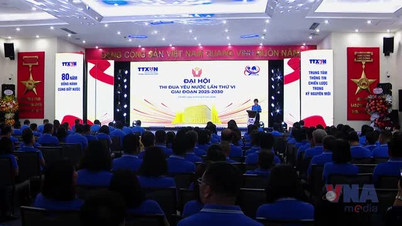







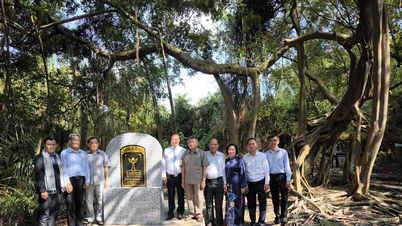






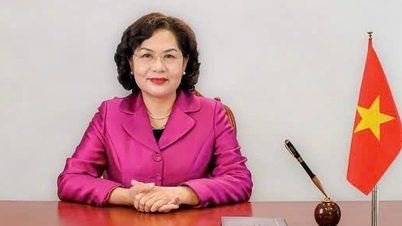




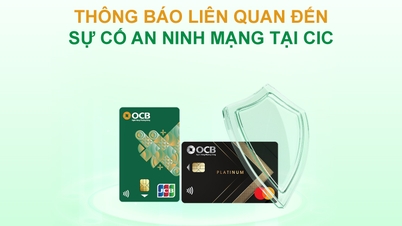

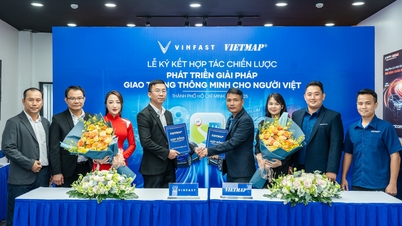













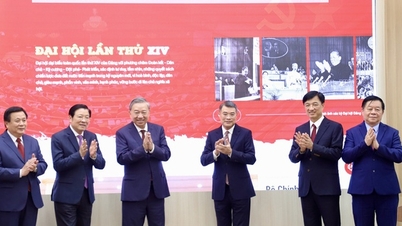


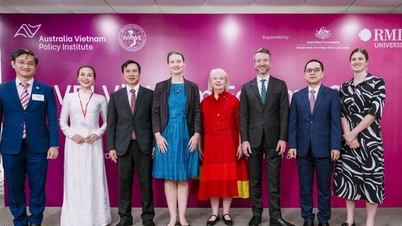














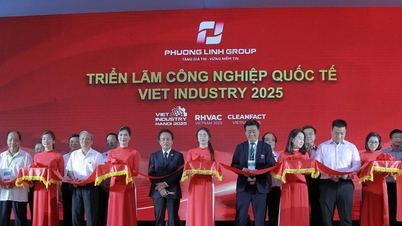








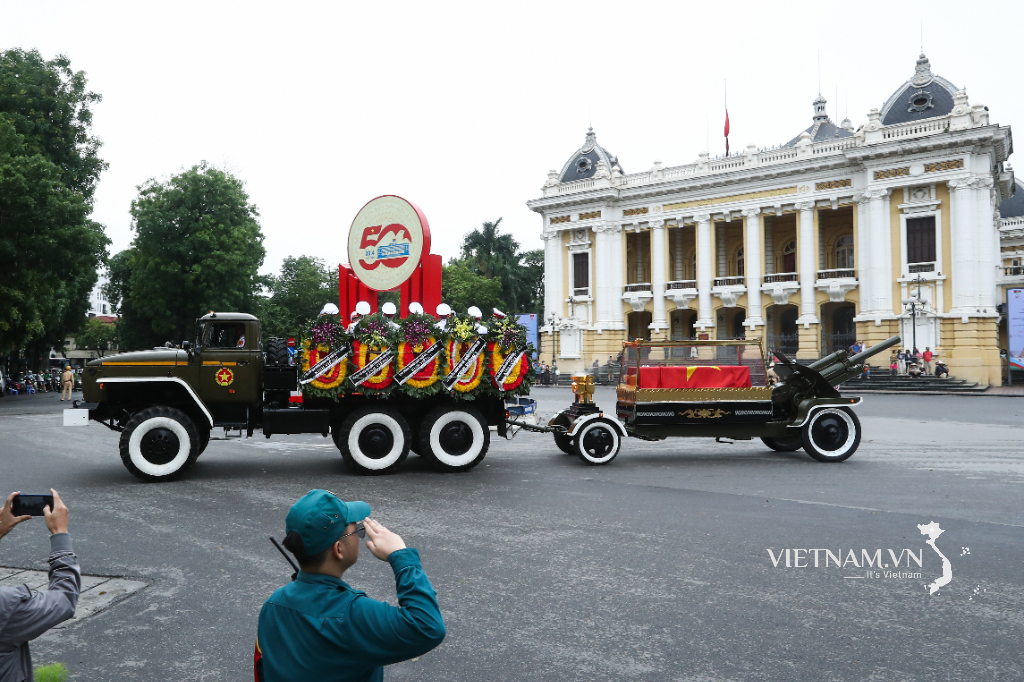

Comment (0)